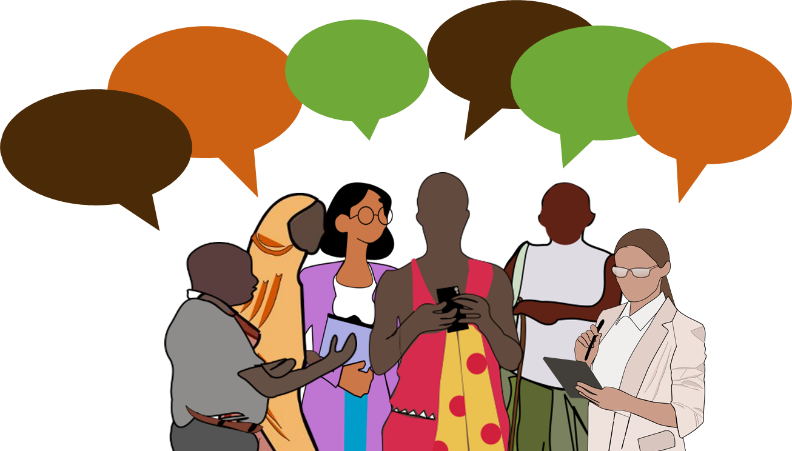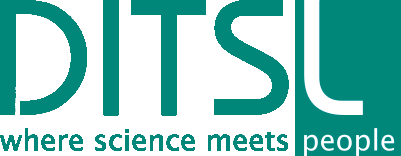Perceptions of rangelands vary widely, depending on the value we place on what we see, and what is worth knowing, sharing, and protecting. Furthermore, the discipline, scale, and methods of data collection and analysis change what is seen. To address the needs of pastoral communities, their values, needs, and requests must be integrated into the research process.
The overall approach of the project is to understand, recognize and value the current system of information gathering and sharing in pastoral production and rangeland use, and to identify effective ways of complementing it, rather than introducing a new system that may prove disconnected from the current practice.
InfoRange puts the potential users at the center of a research endeavor to increase their respective benefits from increasing resource use and production efficiency in rangeland-based livestock systems. Therefore, building on pastoralists’ current system of collecting and sharing relevant information for decision-making on resource use, InfoRange will employ a transdisciplinary approach to co-design ICT solutions with users and embed them in social innovation.
InfoRange will combine user-generated information (e.g. similar to geotagging photos in google maps or live traffic updates) with remotely sensed data. State-of-the-art machine learning models will be developed to analyze the generated crowd data (e.g. time series), capture and understand phenomena such as differences in pasture use intensity as well as classify and recognize patterns in different scenarios.
Including representatives of different governance bodies from the onset of the project permits the creation of outputs in formats suitable to enhance policy decisions. Leaving the ownership of the information collecting and sharing system with the local actors will result in the wide use of the newly introduced tools beyond the project end.

@K.Sri, 2023

